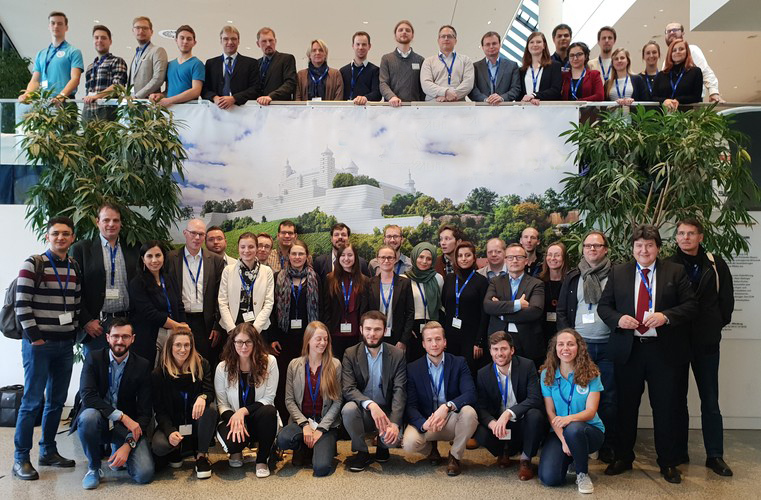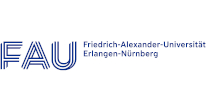
Great News: The German Research Foundation has extended the funding of the SFB/TRR 225.
The Grants Committee of the German Research Foundation (DFG) recently voted in favor of a further funding period for the SFB/TRR 225, which involves the northern Bavarian sites of Würzburg, Erlangen and Bayreuth. The spokesperson for the SFB TRR 225, “From the fundamentals of biofabrication towards functional tissue models” which was launched in 2018 and is led by the Julius Maximilian University of Würzburg, is Prof. Dr. Jürgen Groll, holder of the Würzburg Chair of Functional Materials in Medicine and Dentistry.
The universities of Bayreuth, Erlangen-Nuremberg and the University Hospital Erlangen with the two local speakers Prof. Dr. Aldo R. Boccaccini and Prof. Dr. Thomas Scheibel are also involved.
The decision of the DFG recognizes the outstanding research that the SFB/TRR 225 has achieved in the first funding period. Thus, based on the biofabrication expertise available at the sites, a sustainable competence center with an internationally leading role could be established via this Collaborative Research Center.
Further optimization of developed bio-inks
Currently, the focus is on an even better understanding of the relationships between technical process parameters and cell reactions, as well as methods for more precise production of bioproducts from different cell types. “This is the basis for ensuring that the printed constructs can also develop biological functions,” says Groll. Accordingly, in the second four-year funding phase, the SFB will focus on optimizing the already developed bioinks for post-fabrication cell function control. In addition, they are to be adapted even better for high-resolution 3D printing.
To this end, the DFG is funding the collaboration with a total of more than twelve million euros. In the course of the second funding phase, the Würzburg site will also be strengthened by the completion of the “Center of Polymers for Life” research building on the Hubland Campus planned for the end of 2024, which will be equipped, among other things, for biofabrication under cleanroom conditions.
“We attach great importance in Bayreuth to linking research, studies and the promotion of young scientists. Already in 2017, a master’s program was launched at the Faculty of Engineering, which familiarizes students with the material science and technical aspects of biofabrication. Some of the graduates are now working as highly motivated doctoral students on exciting questions about the optimization of tissue models and their biomedical application potential,” says Scheibel. Under his leadership, the world’s first MOOC (massive open online course) on biofabrication and biomaterials was launched on the EdX learning platform in summer 2021 to accompany the master’s program.
https://www.dfg.de/service/presse/pressemitteilungen/2021/pressemitteilung_nr_48/index.html
https://www.mainpost.de/regional/wuerzburg/57-millionen-euro-fuer-die-forschungbr-art-10692410
https://uni-bayreuth.de/pressemitteilung/sfb-trr-biofabrikation
https://www.fau.de/2021/12/news/wissenschaft/fau-gleich-dreimal-erfolgreich/





